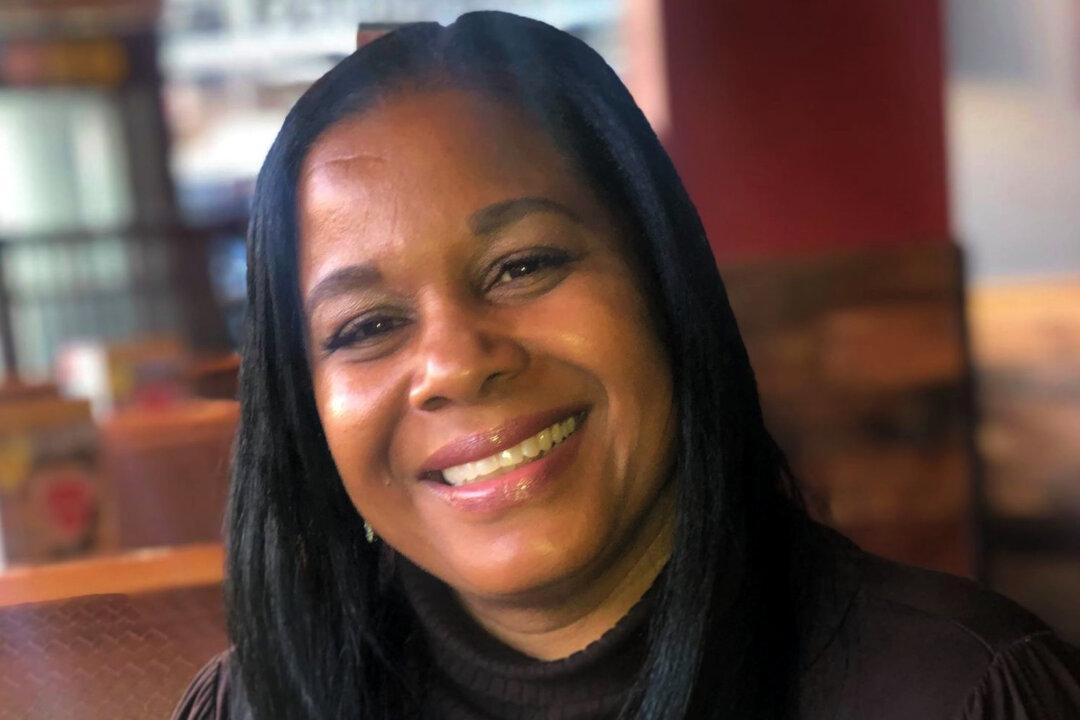When Congress passed the First Step Act in 2018, Clover Perez was an inmate at the women’s federal prison in Danbury, Connecticut. Reactions were strong among the inmates when they heard the news—some fell to their knees and cried out.
Perez was quiet on the surface, but the impact on her was just as great. “I went outside and thanked God—not for my freedom, but for the people that he used to make this happen,” she told The Epoch Times.





